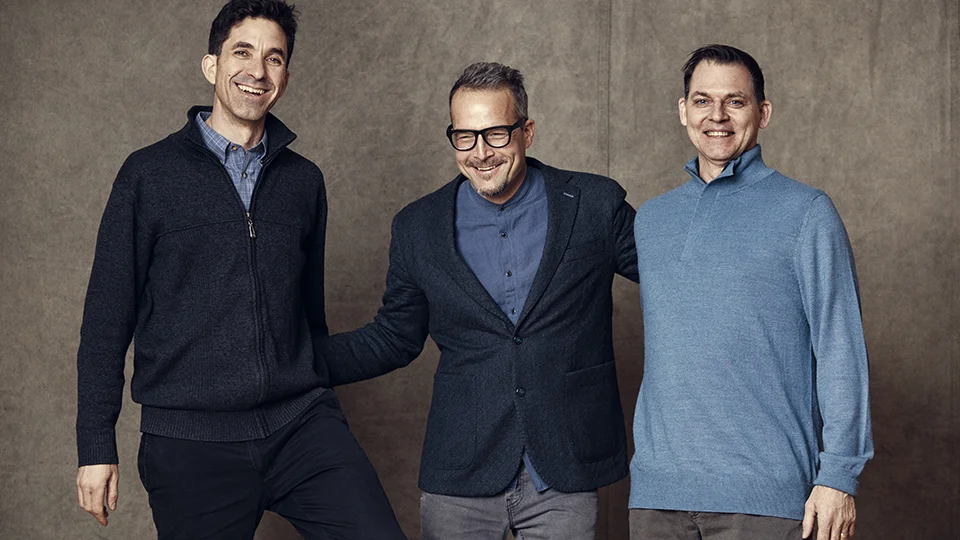Today, we live in a world where petrochemical fibers are the norm and natural fibers the exception, but as recently as 1960, 97% of our fibers came from plants and animals. And so in what is now rather remarkably considered as a progressive move, an increasing number of companies are experimenting with natural, sustainable alternatives to manmade fibers, including US-based Circular Systems, an award-winning start up that converts food crop waste into material that can be woven into garments.
Founded by Isaac Nichelson, a three-decade veteran of the sustainable fashion industry, Circular Systems comprises three technologies: the Agraloop Bio-Refinery, a proprietary system that transforms crop waste into textiles; Texloop which converts textile scraps and used clothing into new fibers; and Orbital, which spins both food crop waste fibers and textile waste fibers together into a new yarn product that is both durable and moisture absorbing. Through the use of these new technologies, food crop waste such as banana by-products, pineapple leaves, flax and hemp stalk, and the waste from crushing sugar cane can be collected and spun into a natural fiber rather than being burned or left to rot, which both pollute the air and contribute to global warming.
As Eillie Anzilotto writing for Fast Company reports, Nichelson’s interest in creating more sustainable textiles dates back to when he was working as a surf wear and outerwear designer in the 1990s. Witnessing how heavily the production process relied on chemicals - when he walked into his company’s production facility in Portland, Oregon one day he almost passed out from the fumes – he began looking into trying to develop more natural materials that would achieve the same high-performance as chemical-based fabrics such as nylon and polyester.
Circular Systems' Yitzac Goldstein, Isaac Nichelson and Geof Kime / Photo: H&M Foundation.
His research led to a collaborative project with Yitzac Goldstein, a materials scientist who had created a range of materials from recycled fibers, and Geof Kime, who in the 1990s successfully lobbied to get industrial hemp legalized in Canada so it could be grown as a more sustainable alternative to synthetic materials. And while the three have now been working together for the past two decades, it wasn’t until last year that they launched Circular Systems to bring the ideas of regenerative agriculture and sustainable textile production to the fashion industry at scale.
“The time was really right,” Nichelson told Anzilotto, and he went on to explain how as well as the recent breakthroughs they had made in their technologies, which saw the company secure first place at the H&M Foundation’s 2018 Global Change Award earlier this year, how there had also been a breakthrough in the market, with an abundance of data now existing to back up the need for the fashion industry to move away from chemical production and waste and towards more sustainable and less extractive means of sourcing and manufacturing. As the population grows, Nichelson noted, it’s crucial that farmable land be used to grow food, not textile crops like cotton, and while acknowledging that sustainable sourcing is slower and more expensive than current methods, he pointed out how making the shift towards sustainability is also essential for the fashion industry from an economic standpoint - in their 2018 State of Fashion report McKinsey and Company and the Business of Fashion forecast that the industry will see losses of 3% to 4% across the board unless companies rethink their supply chains to provide for more resource efficiency and less waste.
According to Nichelson the end goal should ultimately be to produce less, and abandon growth as an indicator of success. “All of our industries need to be retrofitted for real sustainability and become regenerative by nature, and it will be better for business,” he said.
Related Reading:
Searching For The New Luxury: Dutch Exhibition Considers Fashion's Future
Fast Fashion's Green Thinking



